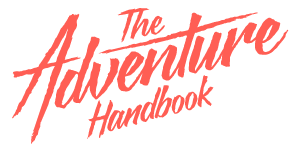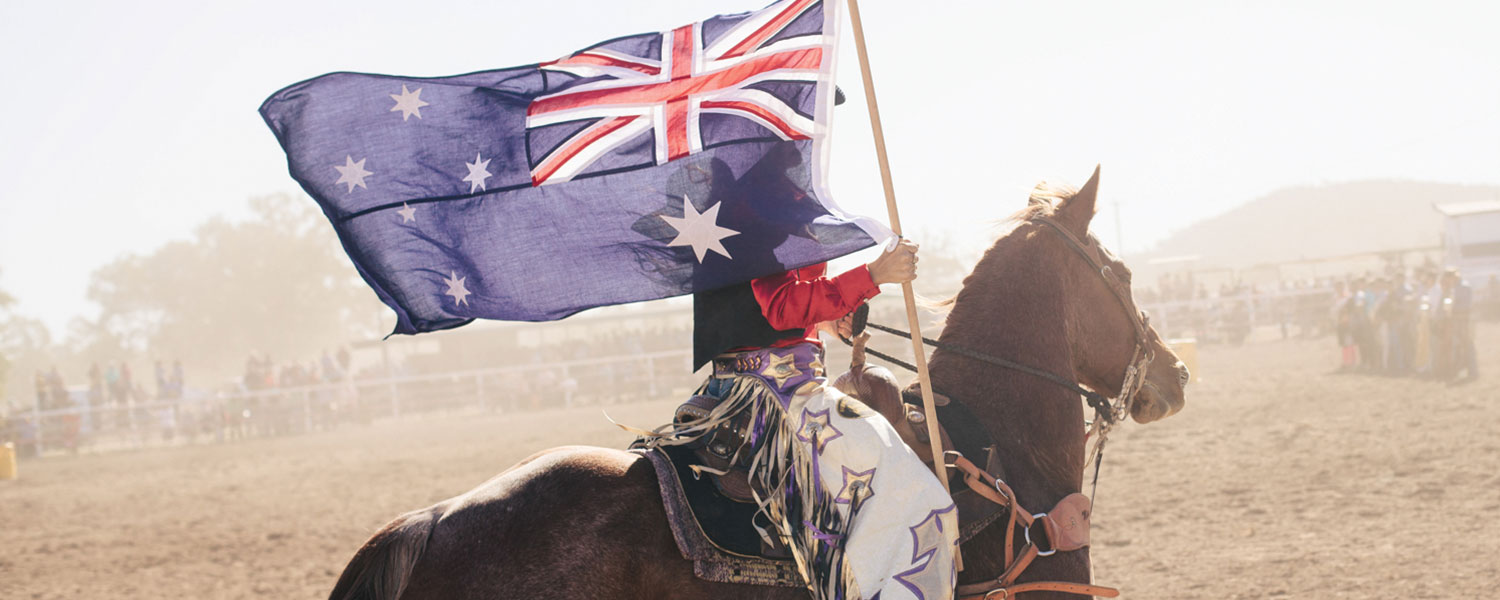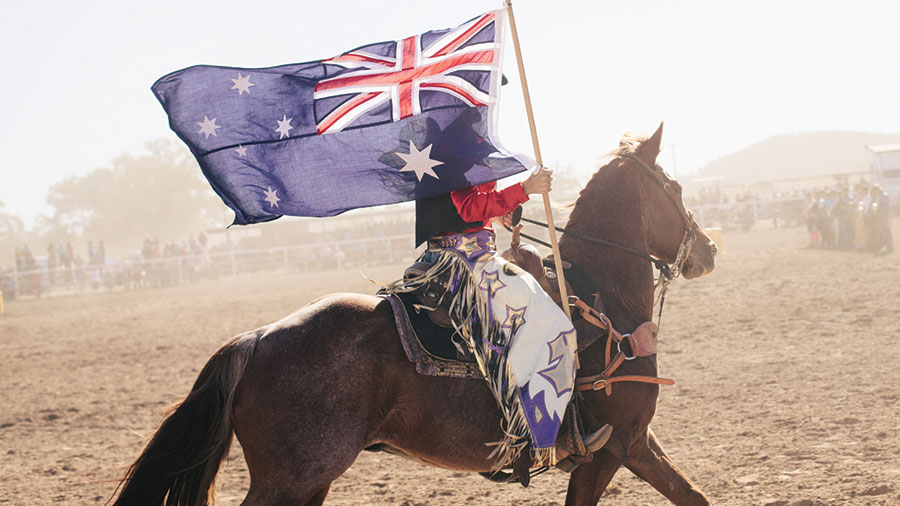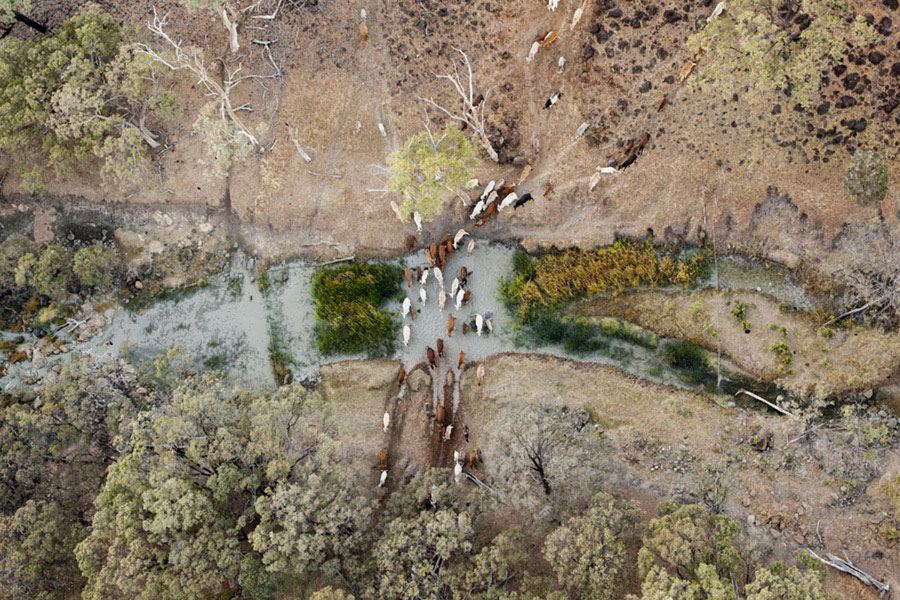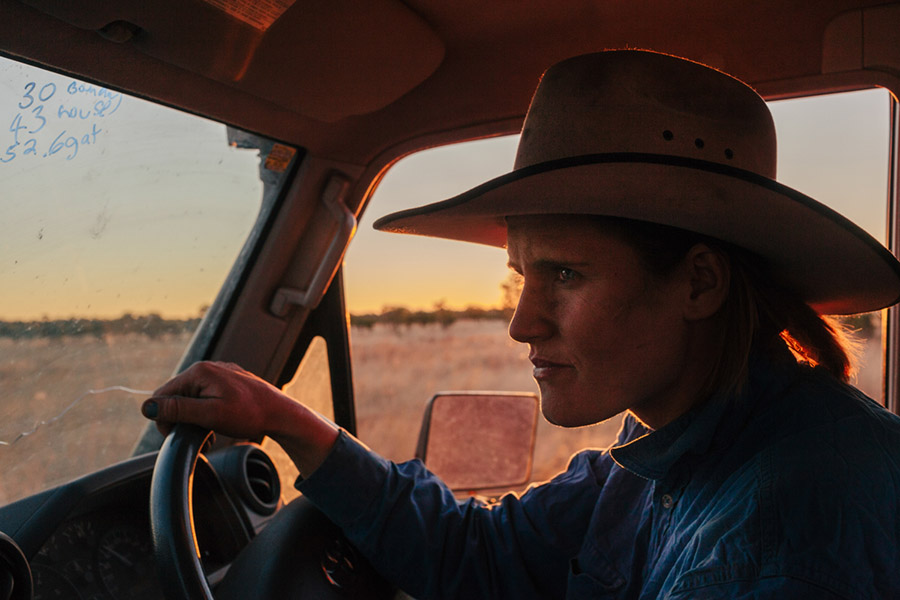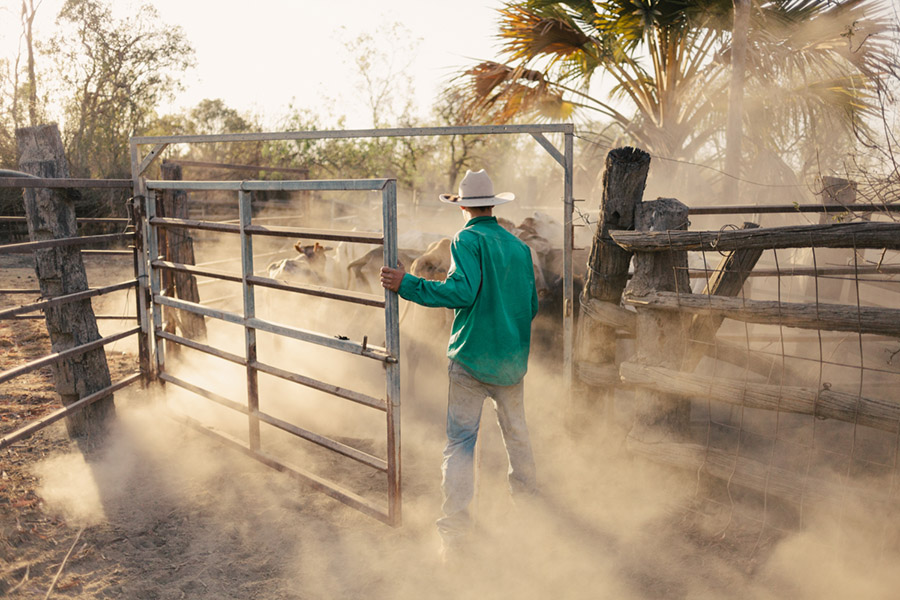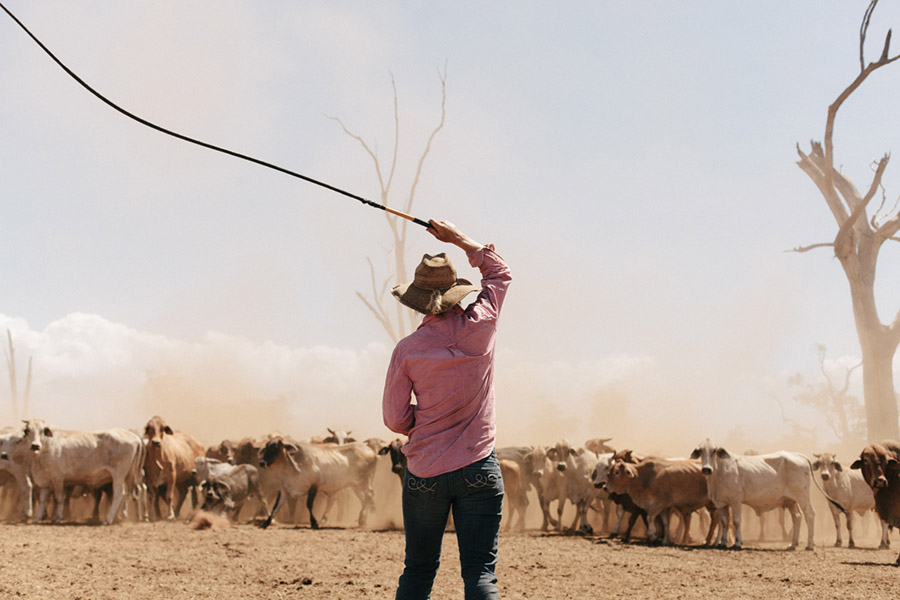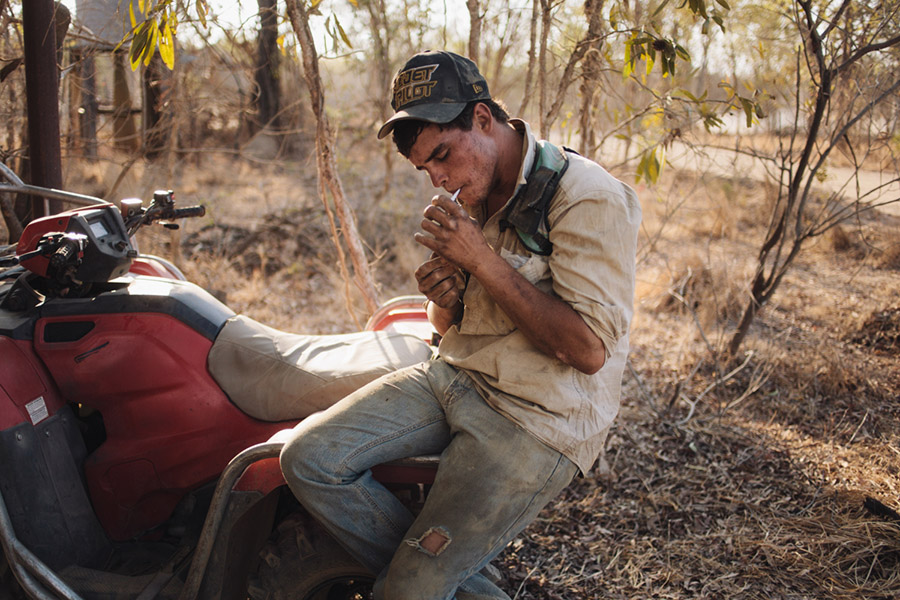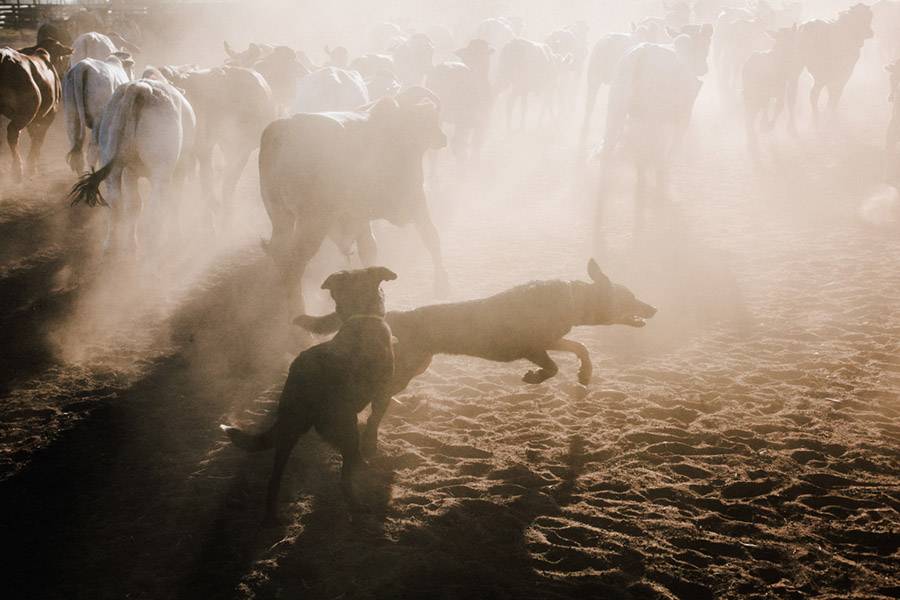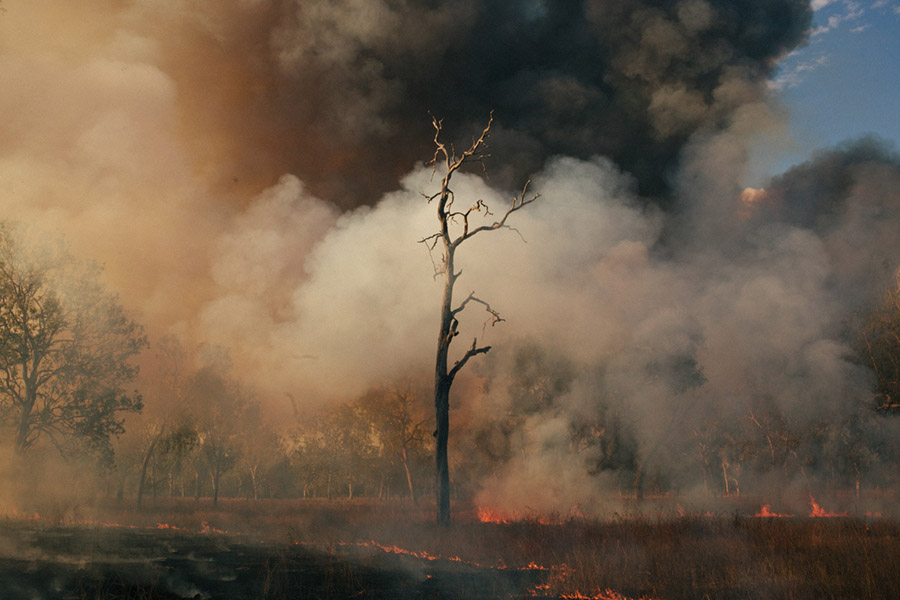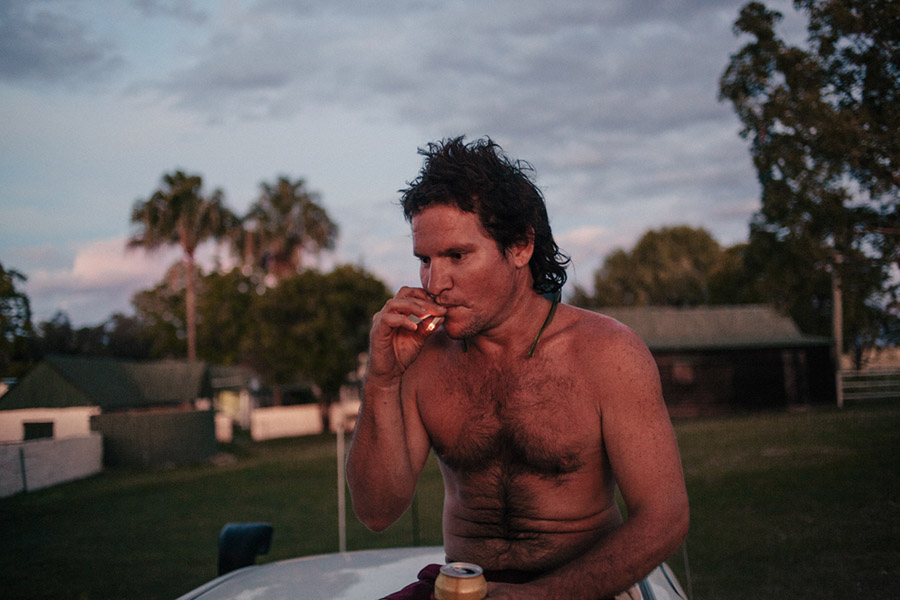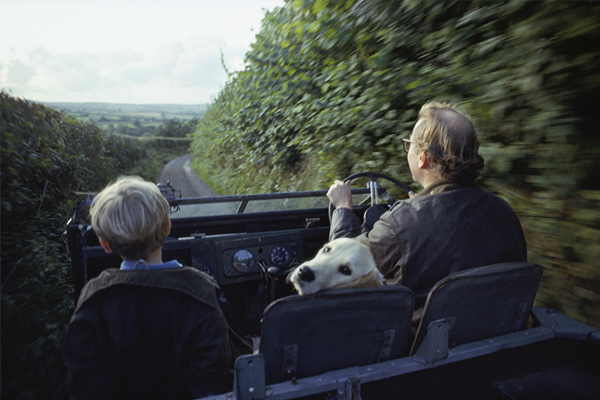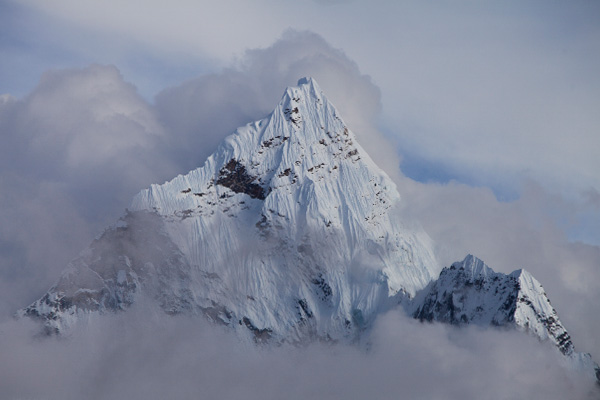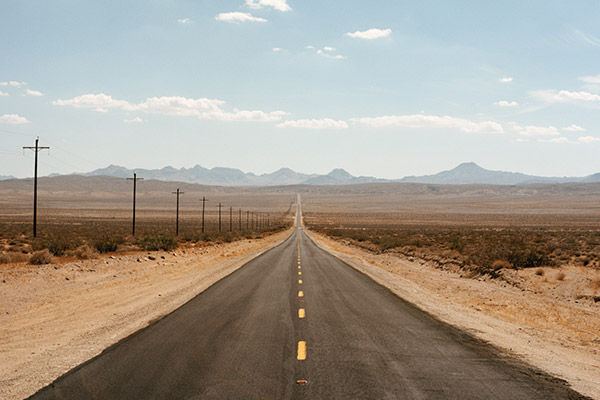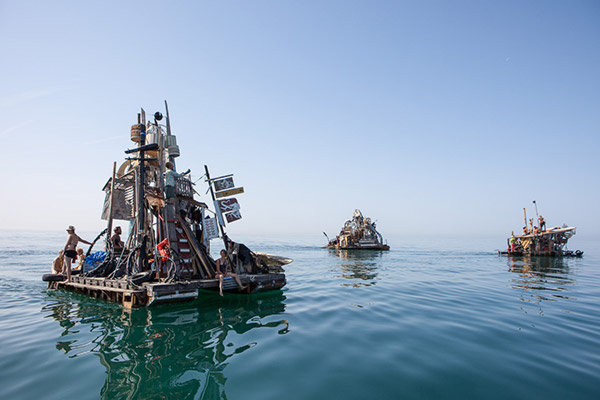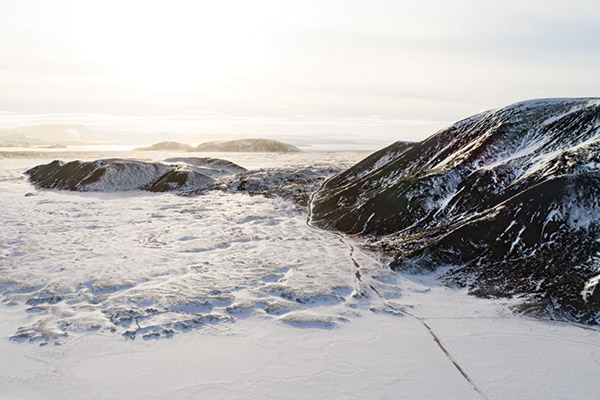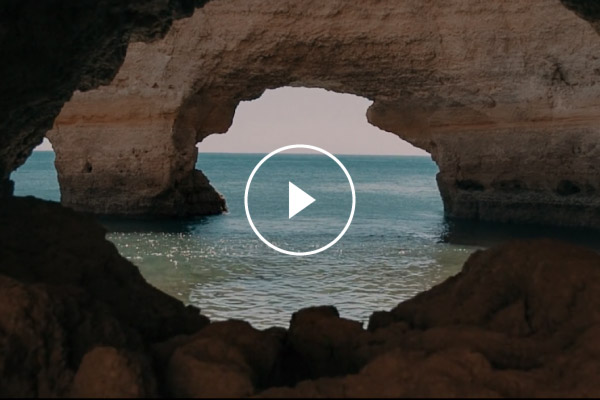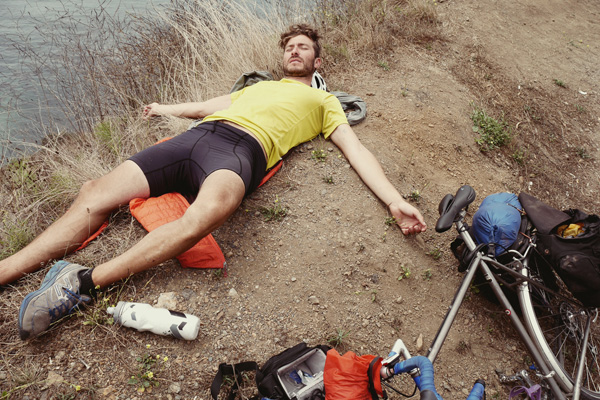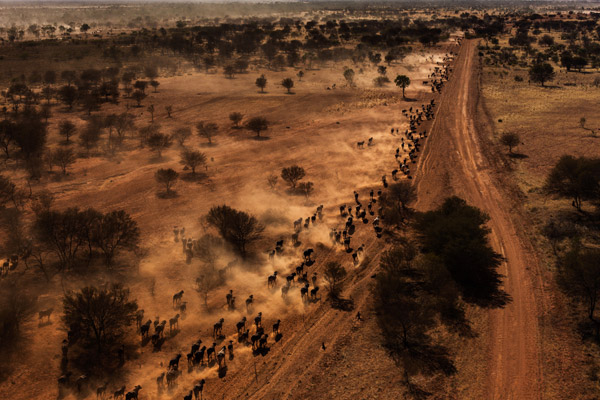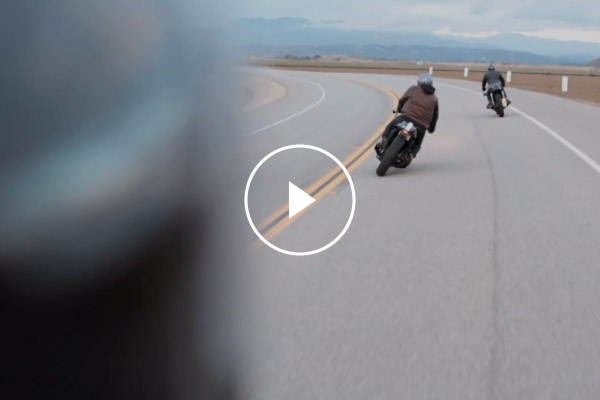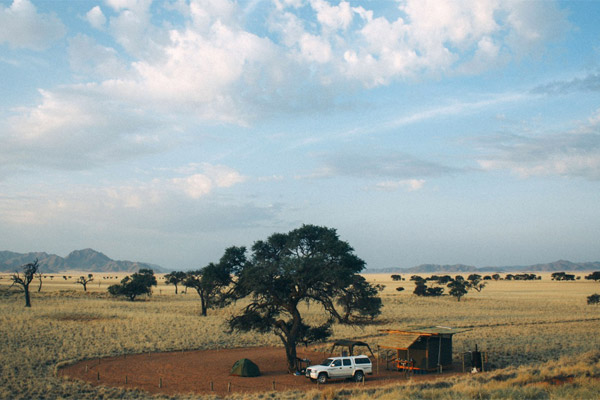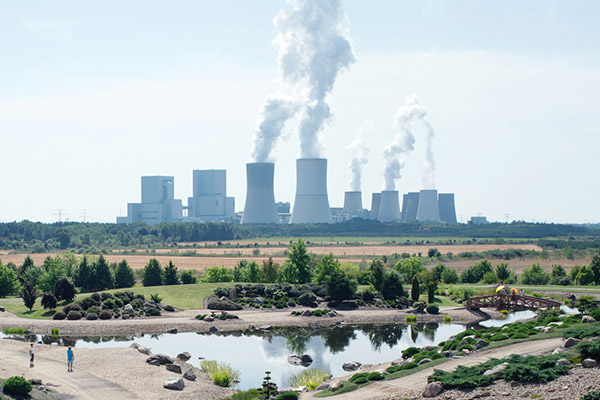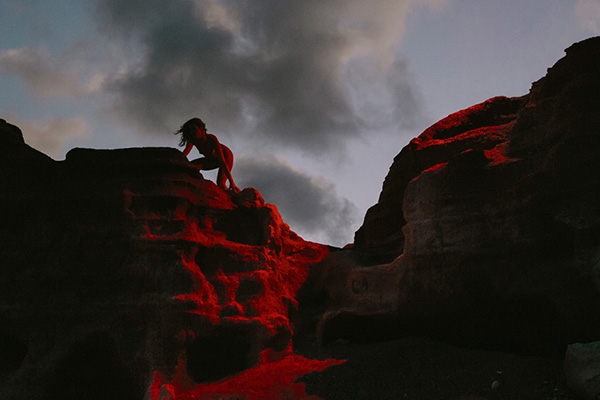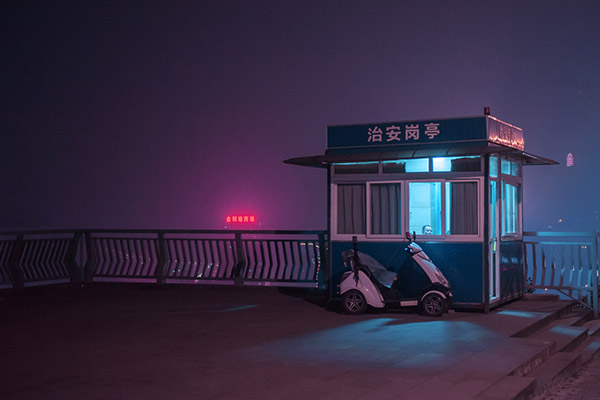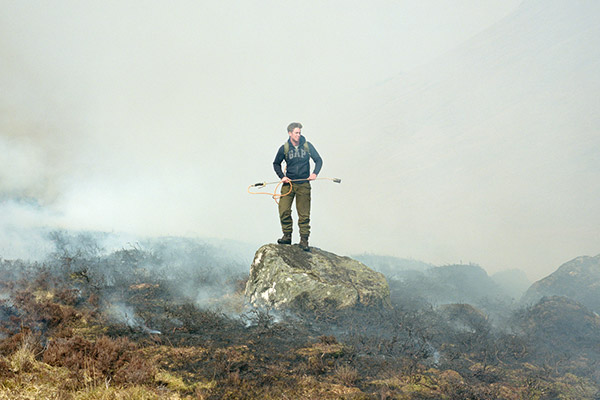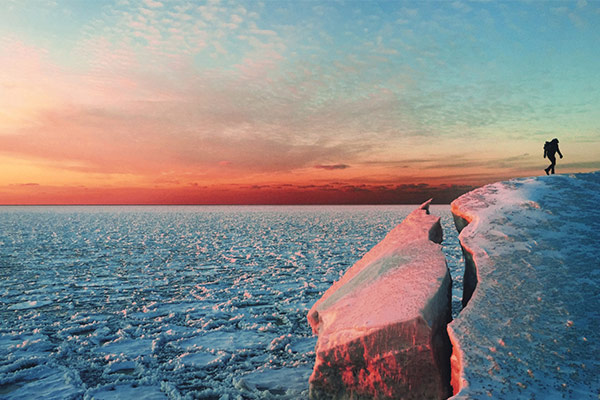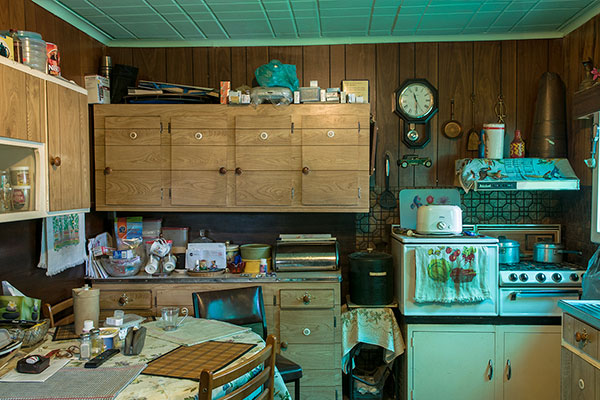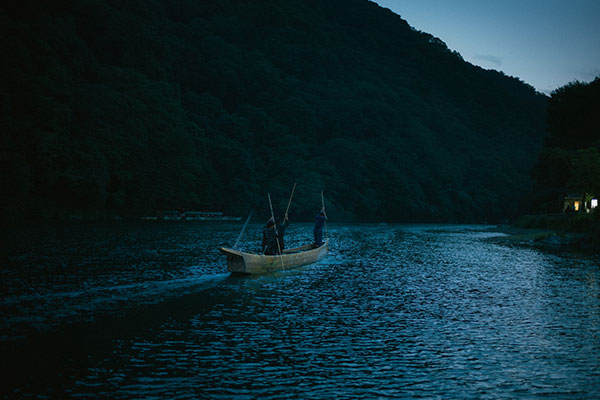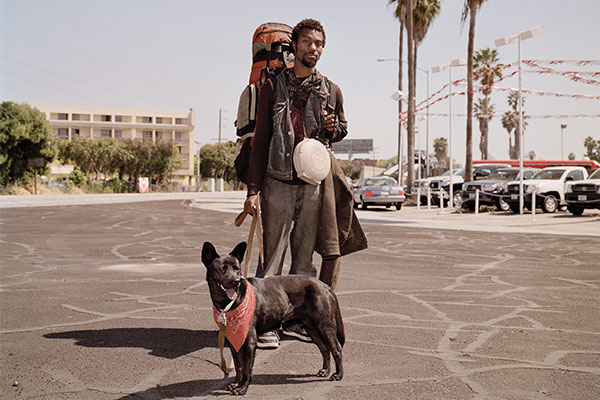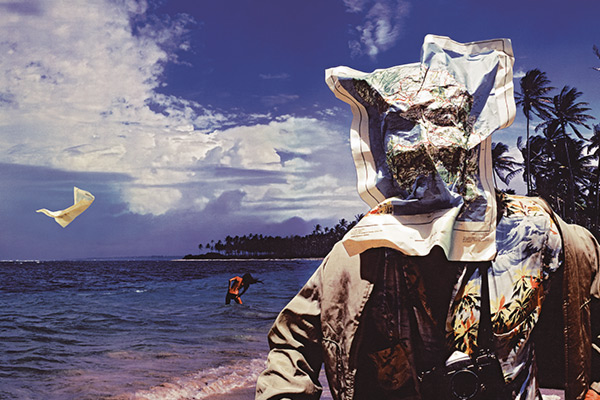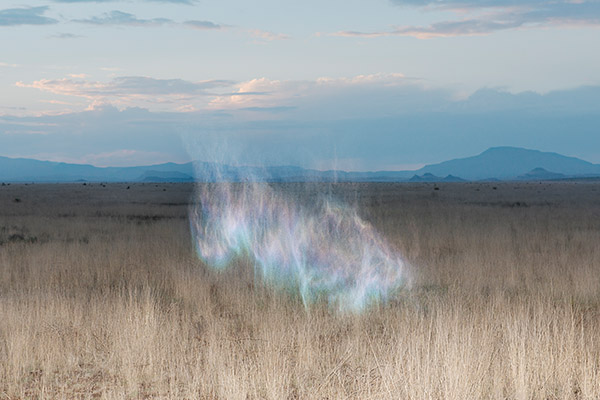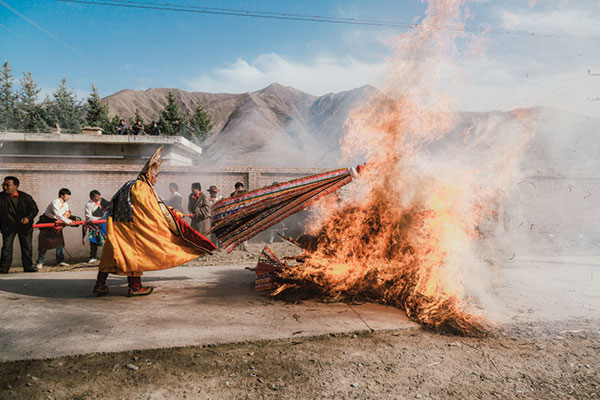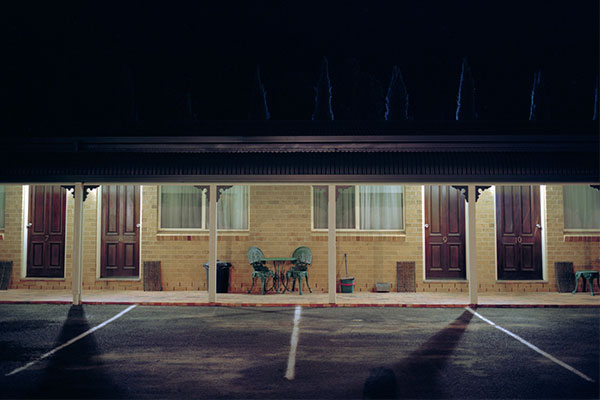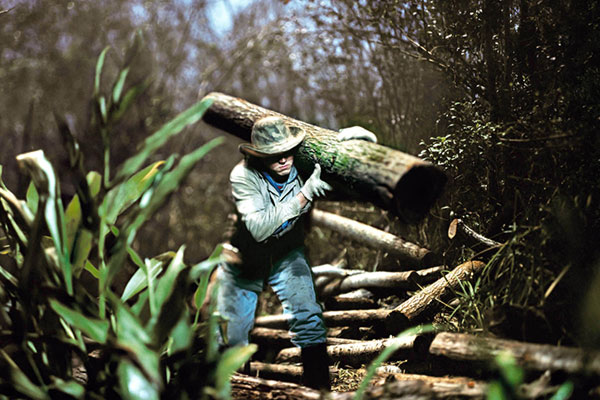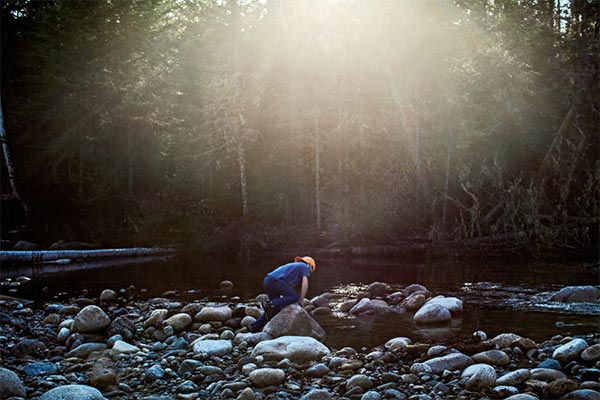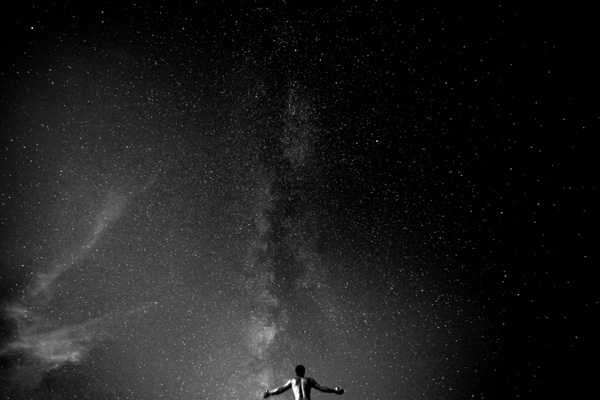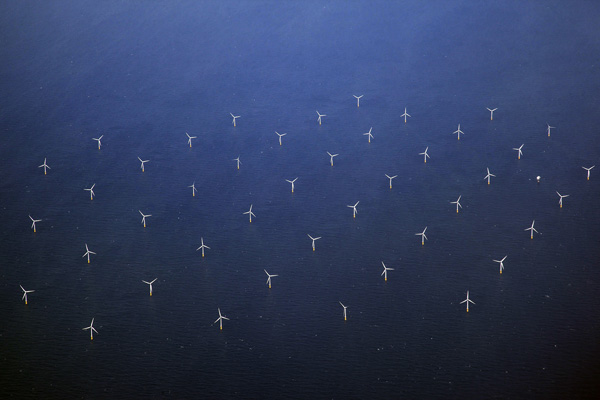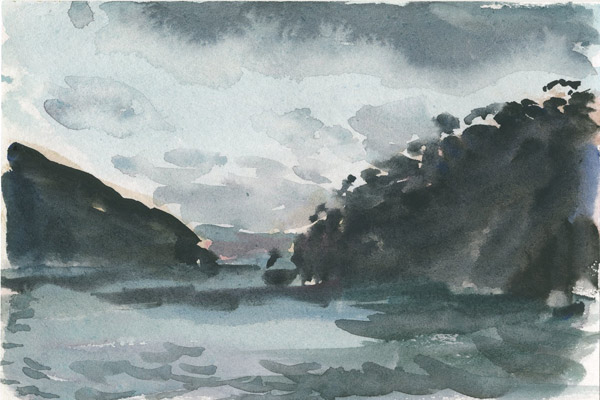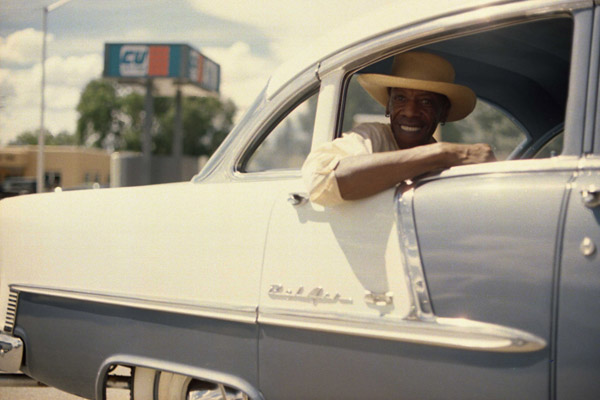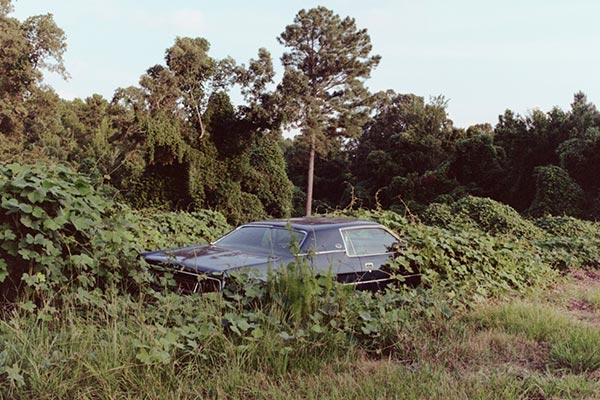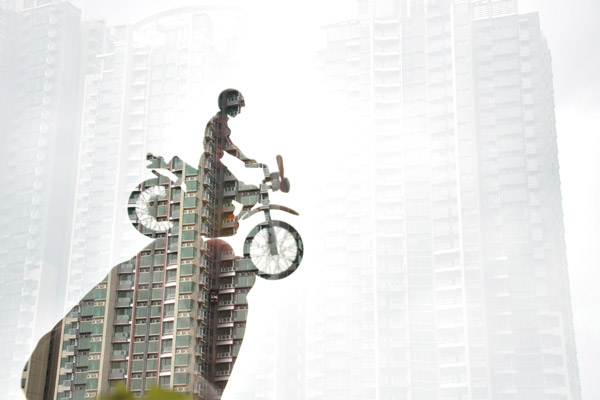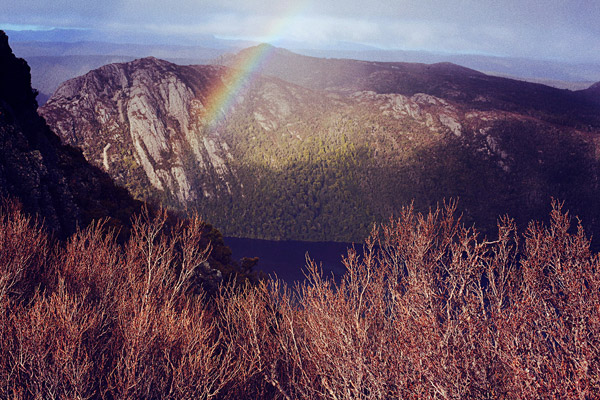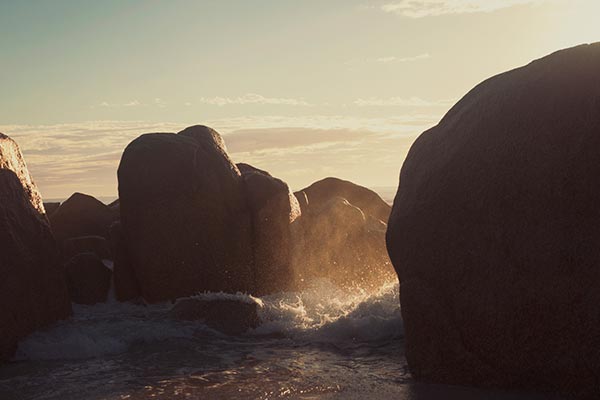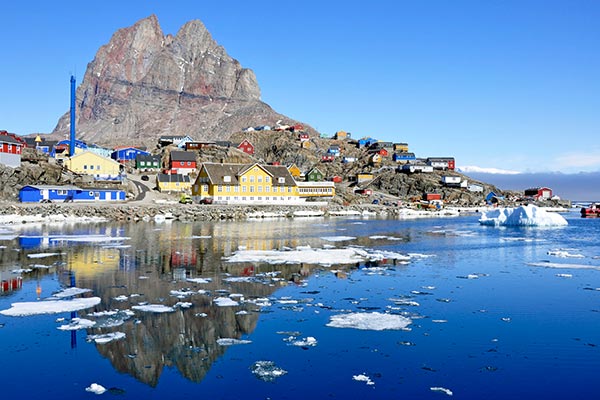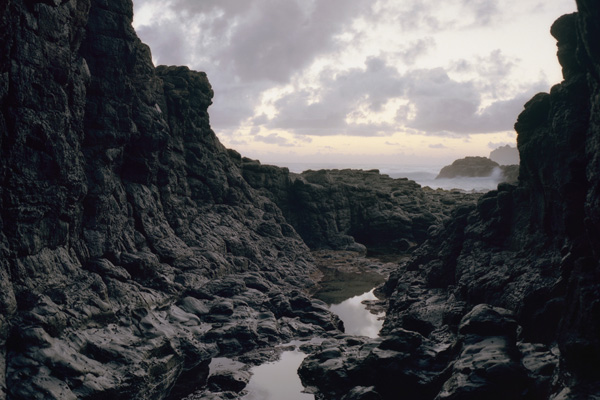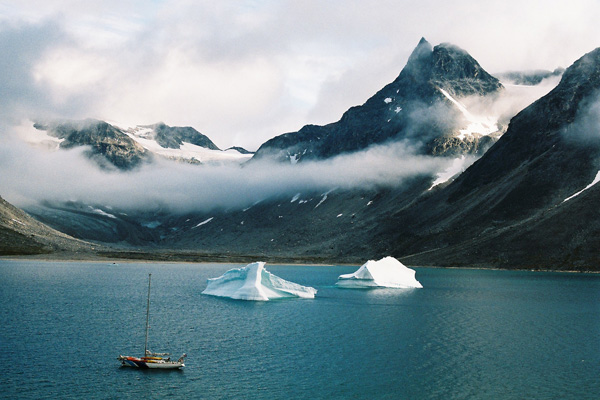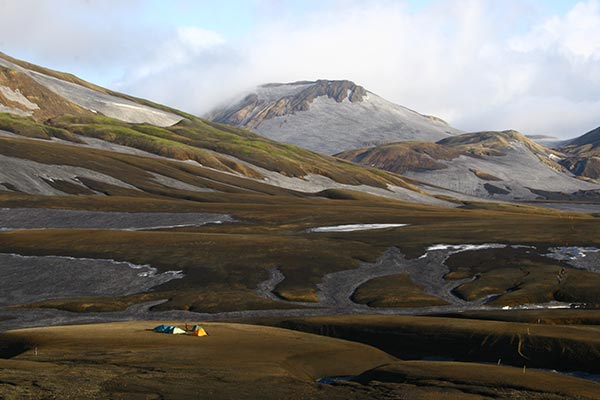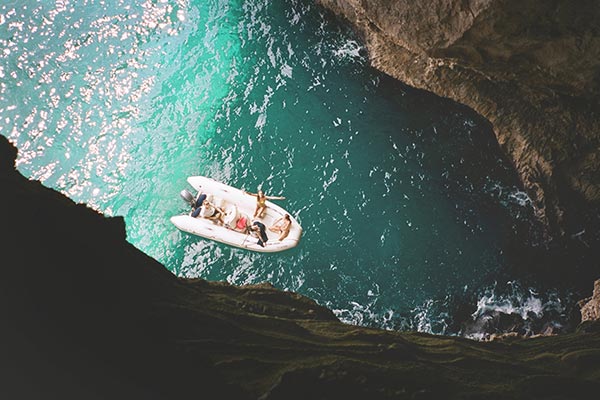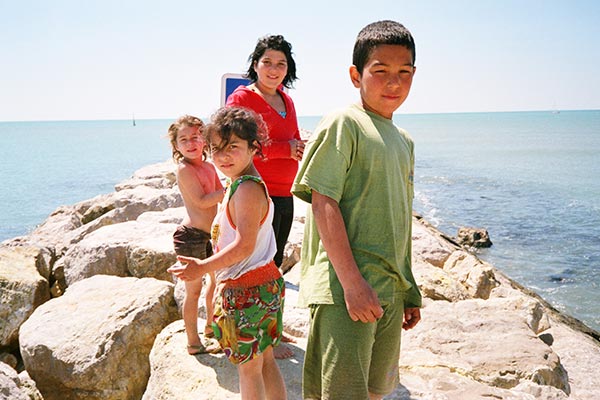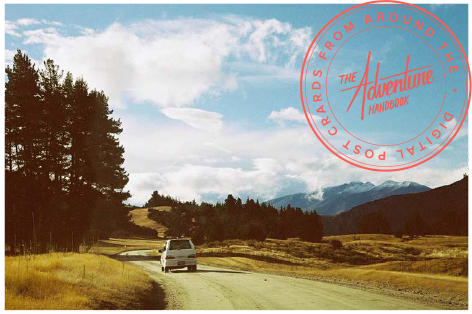Benjamin Rutherford was born in Zimbabwe, and has lived in Zambia and South Africa, all of which highly influenced and fuelled his interest in socio-political issues. His approach to photography is rigorous, not just in the sense of getting a good photo, but in his research and representation of long term and ongoing personal projects where he grew up in Southern Africa, among other spaces – like central Queensland, Australia. Benjamin is now based in the UK, where he completed his BA [Honours] in Press and Editorial Photography at Falmouth University, but travels often. We were lucky to catch him between projects, and ask a couple of questions of our own.
So, Benjamin. When did you first pick up a camera?
Growing up in Southern Africa, there was always a camera around for family photos and photographing ‘life on the farm’. I became interested in photojournalism when I was 20, this is probably where I first considered it as a possible career path.
Can you take us through your formative years – moving and living between Zimbabwe, Zambia and South Africa?
I was really lucky to grow up in these places, especially in relation to the freedom I had to explore independently from a young age. Rural Southern Africa is a vastly diverse and beautiful landscape, with a strong creative community and no shortage of people wanting to get outside. So this undoubtedly formed my outlook on what I wanted to achieve and experience in my life. Initially moving around so much as a child was tough, however it resulted in giving me a passion for diversity and confidence when exploring new environments and engaging in new communities. Socially, it is well known Southern African countries have had a very difficult recent past and a rocky road to democracy. It was from this awareness and interest that brought me to the consideration of social documentary photography as a career.
Station manager. Central QLD. 2015
Ringer Lachlan Wallace ‘pens up’ a group of cattle to be processed into different categories. Cape York. 2015
This might be a silly question, but did you experience any kind of culture shock attending university in the UK? Or by that time were you pretty used to moving around and adapting?
Moving to the UK was a shock to the system in many ways. First of all I didn’t want to, Visa requirements and family situation dictated the move for me. Not only is the culture very different in the UK compared to that of South Africa or Australia, it can also be claustrophobic at times. However I was fortunate to attend Falmouth University, which has a fantastic environment. Being used to having to adapt to new places made it a lot easier.
Work fuels my travel without a doubt. Not only my photographic work, but also other work in the traditional sense.
Does work fuel travel these days? Is it the other way around, or one and the same thing?
Work fuels my travel without a doubt. Not only my photographic work, but also other work in the traditional sense. All of my projects are completely self-funded and driven by my own desire to shoot them. The subjects and issues that my work addresses are overseas, yet for me I would say that it’s not really ‘travel’, I tend to see it as going home. After all, home is where the heart is…
21 year old ‘Ringer’ Lachlan Wallace. Far North QLD. 2015
For many, the places I work in are seen as an uncomfortable and difficult life. However for me it’s when I am most in my comfort zone, I crave these spaces…
Your work seems to take you almost exclusively to vast, outback, or arid spaces. What ties to do you have to this landscape?
Open spaces and freedom. For many, the places I work in are seen as an uncomfortable and difficult life. However for me it’s when I am most in my comfort zone, I crave these spaces, I grew up in them and it’s where I am happy. Another reason, is that many have the perception that these places are empty, desolate and simplistic, however I always find that exactly the opposite is true, I find more raw beauty, more freedom, and people saturated with appreciation for life than I do anywhere else. But there is a balance, It would be a lie to say that life is not extremely hard at times for those that live there.
The station manager yards up a mob during a day of processing. Central QLD. 2015
Kody Taylor takes a smoke break after a hard day of mustering wild cattle. Kody grew up on Cattle stations, after attempting a career in bull riding and boxing, at 17 he now works full time as a ringer, “it’s the only thing I really know how to do.” Cape York. 2015
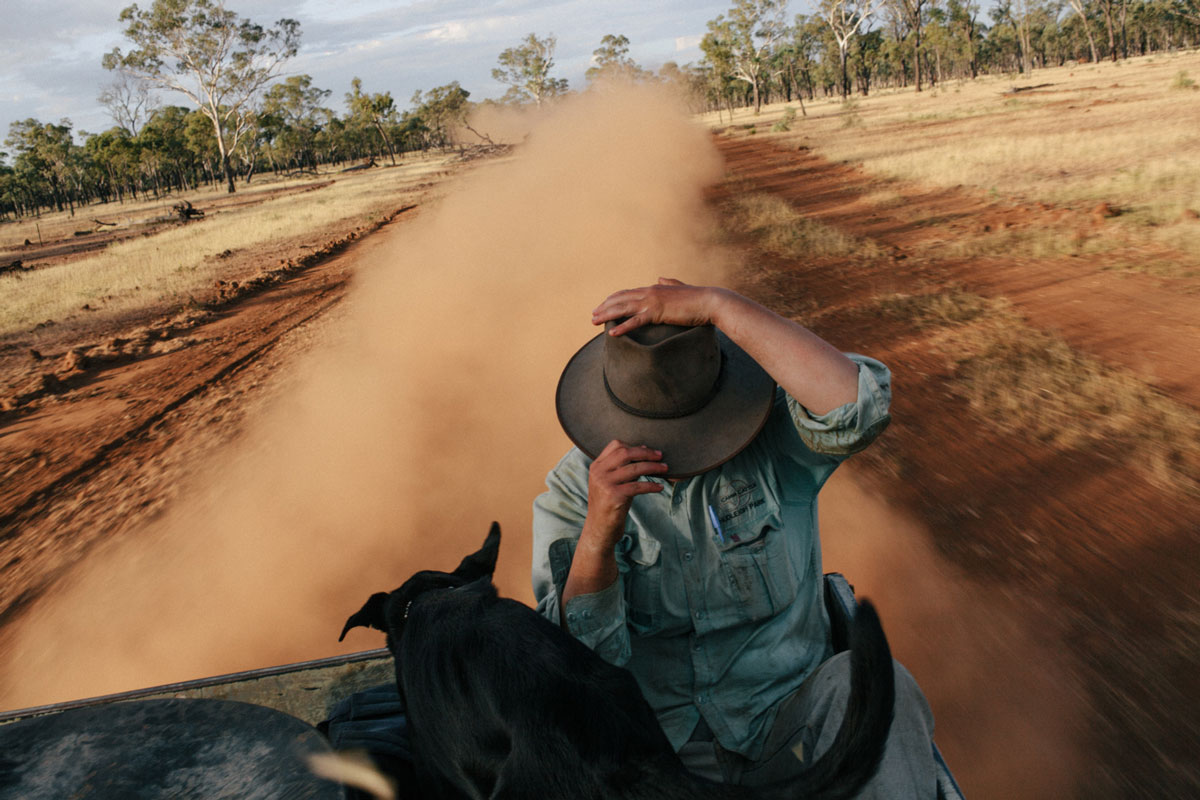
German backpacker and station worker Izzy Lippold braces against the dust en route to a days work at the stations central yards. Central QLD. 2015
How did you orchestrate the project Bush-land?
I have always wanted to visit the Outback; it has a strong connection with Zimbabwe and South Africa as many family members and friends have emigrated there. In many ways the lifestyle that one can pursue is very similar to back home in Southern Africa. A close friend from uni and constant source of stoke, Joshua Cunliffe, had recently moved to the sunshine coast and expressed interest in pursuing a project together. We settled on the extreme life of those that live and work on Cattle Stations. We wanted to highlight the life of those who are so often forgotten about: farmers.
17 year old Station Ringer Kody Taylor rips down the station airfield during an informal evening drag race. Moments later he crashed, dislocated his shoulder and broke his collarbone yet it doesn’t stop him from working, the nearest medical help is a 3 hour drive away in an aboriginal community. Cape York. 2015
Working dogs yarding up a mob. Central QLD. 2015
When did you first come to Australia? You’ve got some Australian mates I think – did you meet them here?
I came to Australia at the beginning of last year. I made some great friends there. Australia is probably the most warm and welcoming place I have ever been. I actually lived and worked as a station hand on the cattle stations I photographed for months at a time. It was also important for me to experience and understand the situations of those I was photographing. I spent some breaks on the sunshine coast, of which 90% of my time was spent in a beachside cafe with Josh consuming dangerous amounts of caffeine goodness, intensely planning our next shoots and editing the work we already had.
I actually lived and worked as a station hand on the cattle stations I photographed for months at a time. It was also important for me to experience and understand the situations of those I was photographing.
What was the most memorable experience or learning curve from this project?
There are too many memorable experiences to absorb that it feels like the whole project was a dream. As for a learning curve? When I arrived in Australia to undertake this project it seemed like an impossible task and that I had bitten off more than I could chew. However after a bit of grafting it all came together, It pushed my limits and made me realise big goals are achievable. And dust is a killer, keep that camera under wraps.
Can you take us through your process on projects – how long/far/deep into a story do you go? What do you shoot on?
Everything I do begins with a lot of research, often many proposed projects don’t get further than that. I have a filing cabinet full of potential ideas. As for how far one is willing to go into a project is a personal choice, for me a project just isn’t worth doing unless you are going to fully commit yourself to it. I am far more interested in quality of work than of volume. Thus my projects are pretty much all long-term works that I am still working on. If you are not emotionally invested in your personal work, then I don’t think you can expect an emotional response from your audience. I have found that for me, just making pictures of everything simply adds noise and blurs the narrative, its reactive, whereas I prefer a more contemplative process. I question everything I do, my reasons for undertaking the project to why I want to photograph a situation and what that photograph will come to represent if taken out of context, which inevitably, will happen. I shoot on my 5D MKII and iPhone, yet I do break out my Mamiya Medium Format RZ67 every now and then.
As for how far one is willing to go into a project is a personal choice, for me a project just isn’t worth doing unless you are going to fully commit yourself to it.
How do you usually connect with other photographers (I’m thinking you have a killer Instagram…) Do you work collaboratively?
Thank you! I spend far too much time trawling Instagram for inspiration. It has become a portfolio platform for me. I found a few of my favourite photographers on it, there is some absolute gold out there if you do some digging. Instagram does provide a great social creative platform and has made a huge impact on the Industry, especially in how young photographers promote their work, how they publish work and photograph their subjects. However, Instagram can be dangerous and a hindrance to those exploring possible projects. The quest for likes is toxic, just because an image doesn’t have likes that doesn’t mean it’s not important or good. I love to work collaboratively, there’s more energy and working with other creatives on a project only makes it more refined and focused. It’s hard to let go of favourite images, possibly due to the experience during the making of the image, when actually, as your mate points out…it’s a rubbish picture.
A deliberately started bush fire rips through a paddock. Wild Areas of the station are often burnt to control bush encroachment and open them up in order for Bull catchers to operate in a safer environment where they can see obstacles once hidden by the grass. Bull Catching is seen as one of Australia’s most notoriously dangerous jobs where injury is an everyday occurance. Cape York. 2015
Wade. Central QLD. 2015
What should we look out for in the near future?
I have a few projects that I am working on that should hopefully be going live soon, including work on the issue of poaching, hunting and conservation in Southern Africa. Otherwise we are still working on BUSHLAND, and looking to develop the work’s longevity, so there’s plenty more adventure to come!
Images by Benjamin Rutherford. Interview by Emilia for AHB.
Receive a postcard from us sign up

